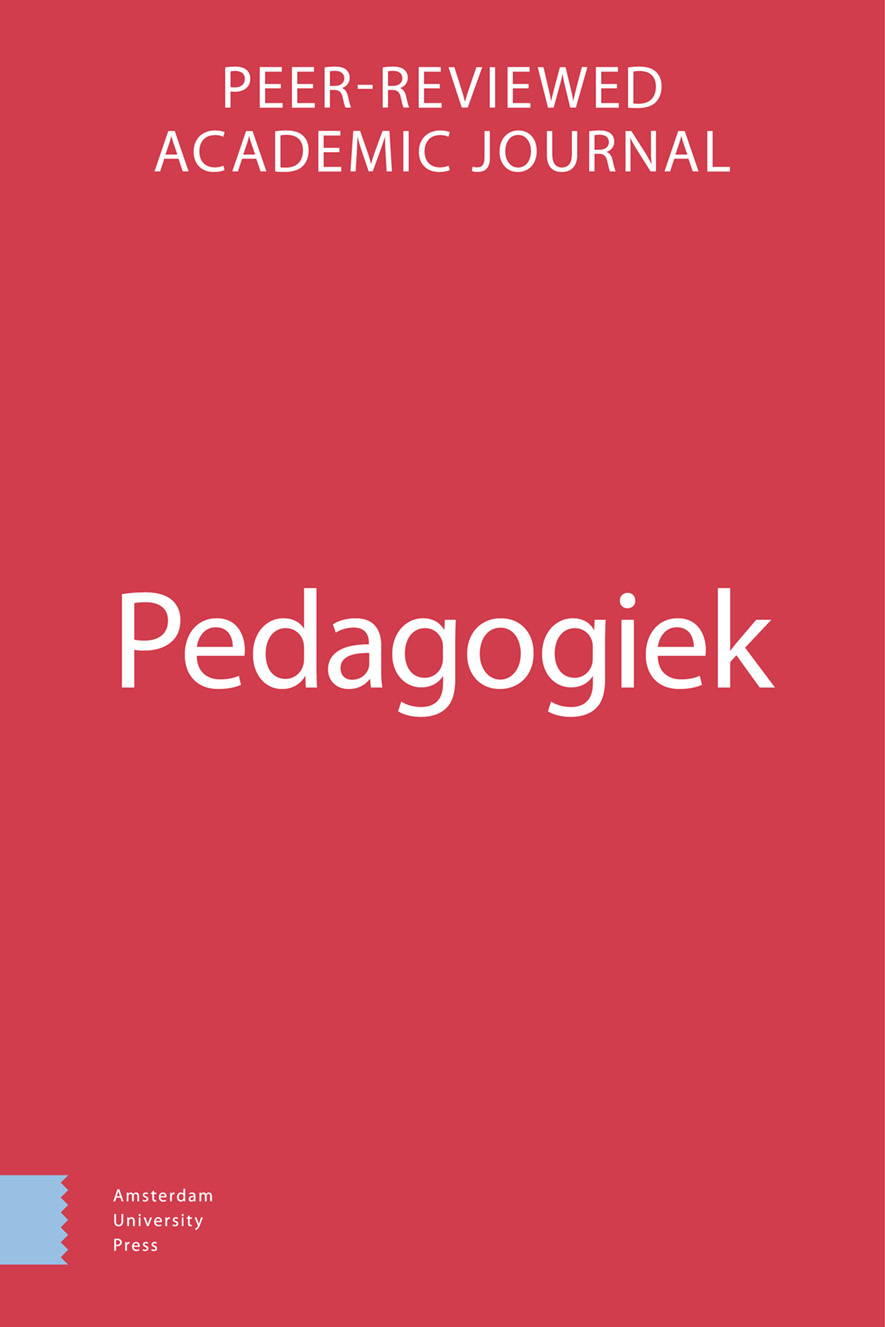-
oa Rechtswaarborgen bij vrijheidsbeperkende maatregelen in de gesloten jeugdhulp
- Amsterdam University Press
- Source: Pedagogiek, Volume 44, Issue 2, Oct 2024, p. 173 - 198
-
- 01 Oct 2024
Abstract
In dit artikel focussen we vanuit het (inter)nationale juridische kader op de rechtswaarborgen bij de inzet van vrijheidsbeperkende maatregelen in de gesloten jeugdhulp. Steeds vaker komen er signalen van jeugdigen en ouders dat vrijheidsbeperkende maatregelen op onjuiste wijze worden ingezet en/of als ‘straf’ worden ervaren en dat de rechtsbescherming van jeugdigen in de residentiële jeugdbescherming tekortschiet. Door middel van een analyse van bestaande jurisprudentie is onderzocht hoe de Nederlandse rechter en de Raad voor Strafrechtstoepassing en Jeugdbescherming oordelen over de toepassing van de vrijheidsbeperkende maatregelen in de gesloten jeugdhulp. In de discussie wordt ingegaan op de rechtswaarborgen die van belang zijn bij een rechtmatige inzet van vrijheidsbeperkende maatregelen. Hierbij wordt benadrukt dat de toepassing rechtmatig is wanneer de maatregel een grondslag in de wet heeft, is opgenomen in het hulpverleningsplan en proportioneel, subsidiair en doelmatig is. Daarnaast wordt ingegaan op het voorkomen van handelingsdeprivatie en op de toekomst van de gesloten jeugdhulp.


